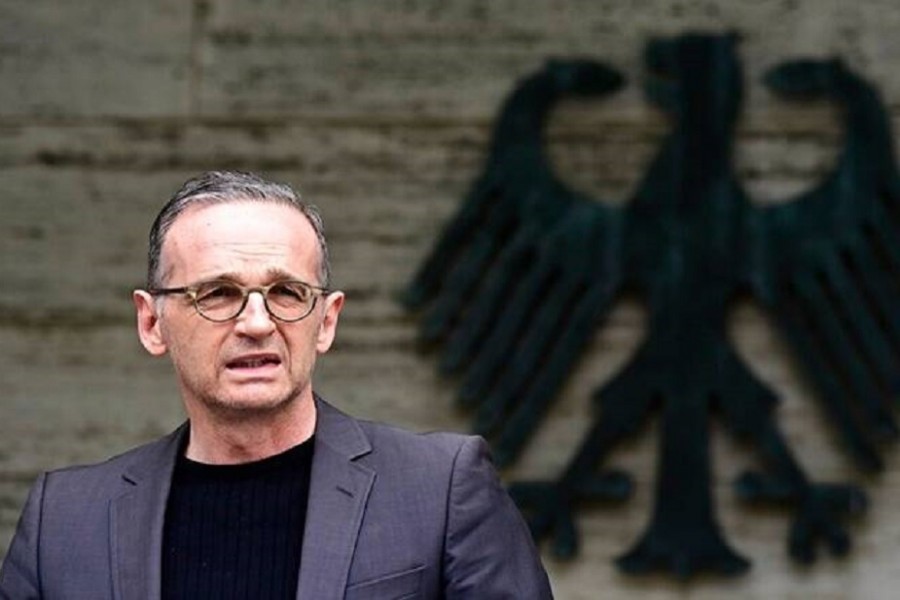
Published :
Updated :

History has long been about the history of the conquerors, heroes. What happened to the people so conquered after their kings were defeated by the more powerful invaders was not of much interest to the writers of imperial history. The Roman general Scipio Aemilianus laid siege to and destroyed Carthage in 146 BCE. Alexander, the great, of Macedonia razed the Greek city of Thebes to the ground in 335 BCE. The Mongols under Hulagu Khan laid siege to Baghdad in 1258 CE and then sacked the heart of Abbasid caliphate. Few people of Baghdad survived the carnage that followed. We know little about how they struggled to rebuild their lives from the ruins. The victims, the common people, in few cases rose up against their persecutors. In most cases, they considered what happened to their lives as destiny. The victims of massacres could never think of asking for compensations from the perpetrators of the destruction and death. Even long after those times of feudal and imperial wars, in recent times, when it is claimed that humanity has finally come out of savagery, of feudalism, the tyranny of the stronger outsiders over the weaker locals has not stopped. The Spanish conquistadors decimated the Mayans of Mexico and central America in the 16th and 17th centuries. With the discovery of the New World started the transatlantic slave trade by the Europeans. European slave traders caught and herded the African people like animals into their ships bound for America. This continued, perhaps, until the last slave ship, schooner Clotilda, sailed from Africa to America in 1860. But slavery did not come to end. It continued in different forms. The colonial powers, for example, treated their subjects in Asia and Africa with utter contempt not only because they had different skin colour or social culture. The main reason was that the colonialists considered themselves as masters and, as such, treated their subjects as slaves. And their wrath and hatred knew no bounds if the local natives ever dared to question the authority of their colonial oppressors.
The German General Lothar von Trotha whose country occupied south-western part of Africa, now Namibia, between 1884 and 1915, could not stand the audacity of the ethnic Herero (Ovaherero) and (Namaqua) Nama people who rebelled against German occupation. In January 1904, the Herero people led by Samuel Maharero and the Nama people with Captain Hendrik Witbooi as their head staged the rebellion. On January 12, 1904, the Herero rebels killed 100 German men at Okahandja. However, the insurgents did not kill women and children. The revenge came in August of that year. General Lothar von Trotha defeated the Ovaherero in the battle of Waterberg. A genocide took place. The Hereros were massacred, forced to flee to the Omaheke desert where they all-men, women, children- died without food and water. Those that still survived were sent to concentration camps where most of them died of torture, diseases and exhaustion. Of around 80,000 Herero ethnic people, 65,000 were massacred by the German forces.
In October, the Nama group rebelled, too. They faced the same fate. Half of their population (10,000 out of 20,000) were exterminated under similar conditions.
More than a century has gone by since. The Germans, in a bid to come to terms with their dark colonial legacy, has finally officially admitted to have committed genocide against the Herero and Nama people of Namibia in early 20th century. The German government will also formally ask forgiveness from the descendants of Herero and Nama people of Namibia and has pledged an aid package of 1.1 billion euros to be spent in 30 years to build infrastructure, support healthcare and training for affected communities.
The move by Germany is worth emulating by other former colonial powers. We believe, gradually, all present and former oppressors, persecutors and haters will in this manner admit their guilt and ask forgiveness from the people they wronged in the past or still doing so at present. That would be a step forwards in healing many historical wounds of society.


 For all latest news, follow The Financial Express Google News channel.
For all latest news, follow The Financial Express Google News channel.